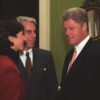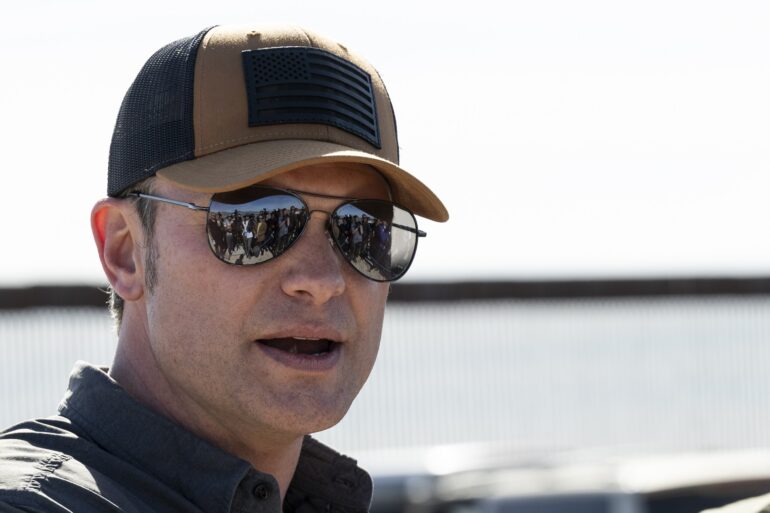The Trump administration is now reportedly escalating its war on narcotics traffickers in the Caribbean, declaring that Tuesday’s deadly strike against a Venezuelan gang vessel was only the beginning of a broader campaign to defend American borders and communities from drug cartels.
Secretary of Defense Pete Hegseth, speaking Wednesday on Fox News, said the military operation would continue. “We’ve got assets in the air, assets in the water, assets on ships, because this is a deadly serious mission for us, and it won’t, it won’t stop with just this strike,” he said. “Anyone else trafficking in those waters who we know is a designated narco-terrorist will face the same fate, and it’s important for the American people to protect our homeland and protect our hemisphere.”
President Donald J. Trump announced Tuesday that the U.S. military had carried out a “kinetic” strike on a “drug vessel” in international waters.
Eleven members of the Venezuelan gang Tren de Aragua, designated as a foreign terrorist organization by Washington, were killed in the operation. Trump said the boat was carrying “illegal” narcotics and was bound for the United States.
The gang, known for violence and its reach across South America, has become a symbol of the cross-border criminal networks that U.S. officials say are fueling the fentanyl and narcotics epidemic devastating American cities. “You’re poisoning our people,” Hegseth said bluntly. “So you want to try to traffic drugs. It’s a new day. It’s a different day. And so those 11 drug traffickers are no longer with us, sending a very clear signal that this is an activity the United States is not going to tolerate in our hemisphere.”
Secretary of State Marco Rubio told reporters that intelligence suggested the vessel might also have been headed toward Trinidad and Tobago or another regional destination, underscoring the transnational reach of the cartel networks.
In Caracas, the Maduro regime attempted to downplay the strike. Freddy Ñáñez, Venezuela’s minister of communications and information, claimed a video of the attack, shared by both Trump and Hegseth, was artificially generated.
The Pentagon chief dismissed the allegation out of hand. “I can tell you that was definitely not artificial intelligence. I watched it live. We knew exactly who was in that boat. We knew exactly what they were doing, and we knew exactly who they represented,” Hegseth said.
The strike is part of a wider U.S. buildup in the Caribbean aimed at countering Latin American cartels and their state sponsors. Trump has repeatedly tied narcotics flows to Venezuela’s embattled socialist government.
Nicolás Maduro, who faces a $50 million U.S. bounty for his arrest, lashed out against the deployment of American forces, calling it an “extravagant, unjustifiable, immoral, and absolutely criminal and bloody threat.”
When pressed on whether regime change was now an objective, Hegseth deferred to the president. “That’s a presidential-level decision, and we’re prepared with every asset that the American military has,” he said.
The message from Washington was unmistakable: the United States is prepared to use force to protect its citizens from drug-fueled terrorism.
[READ MORE: Trump Announces Navy Strike on Venezuelan Drug Vessel, Signaling Aggressive Stance Against Cartels]





